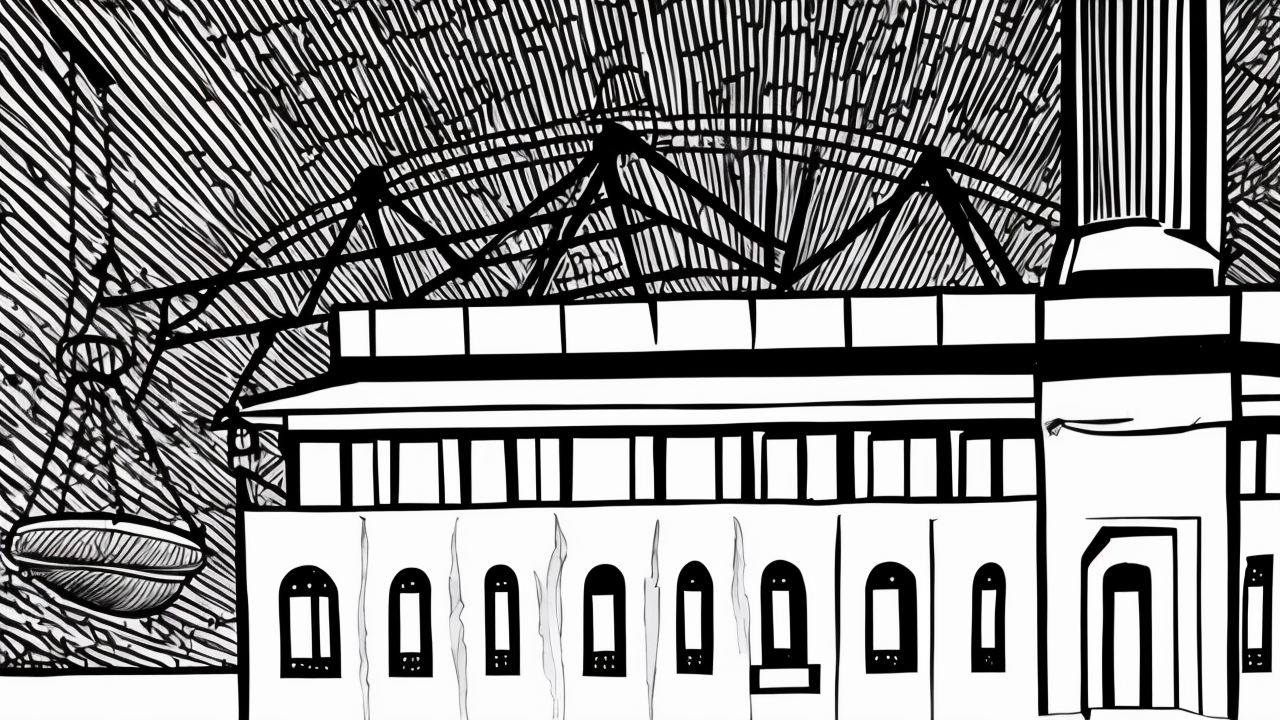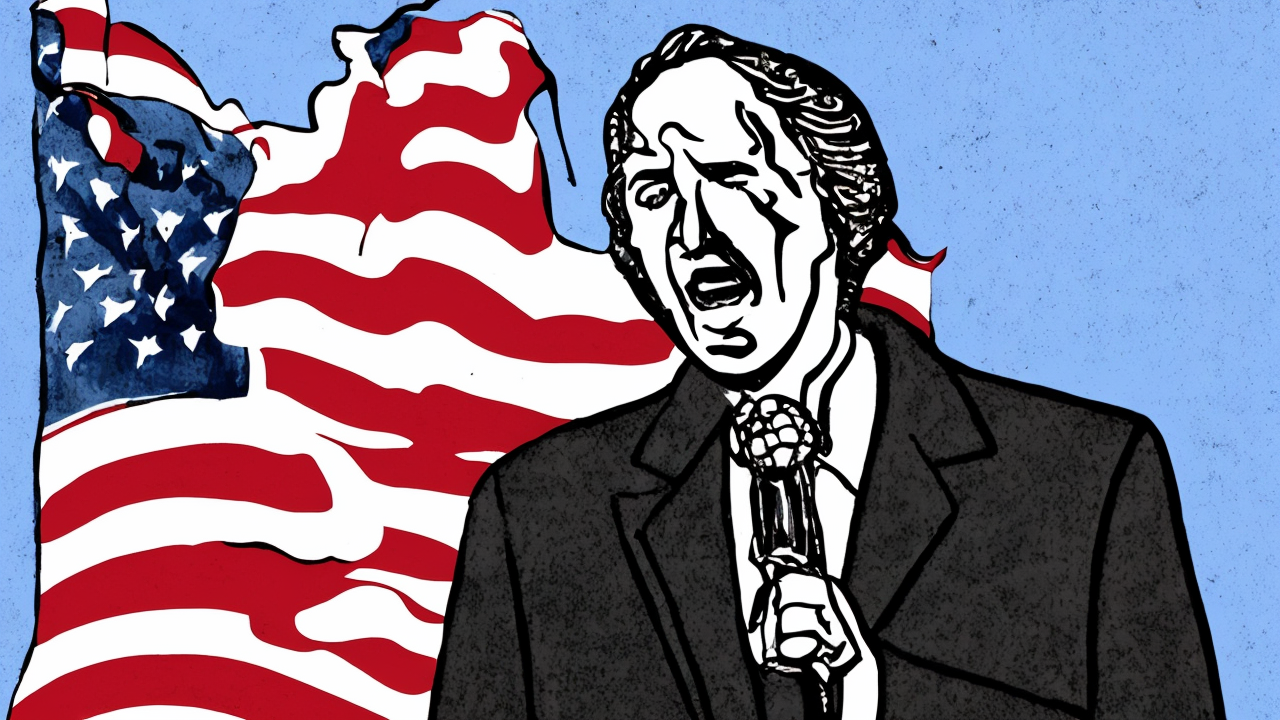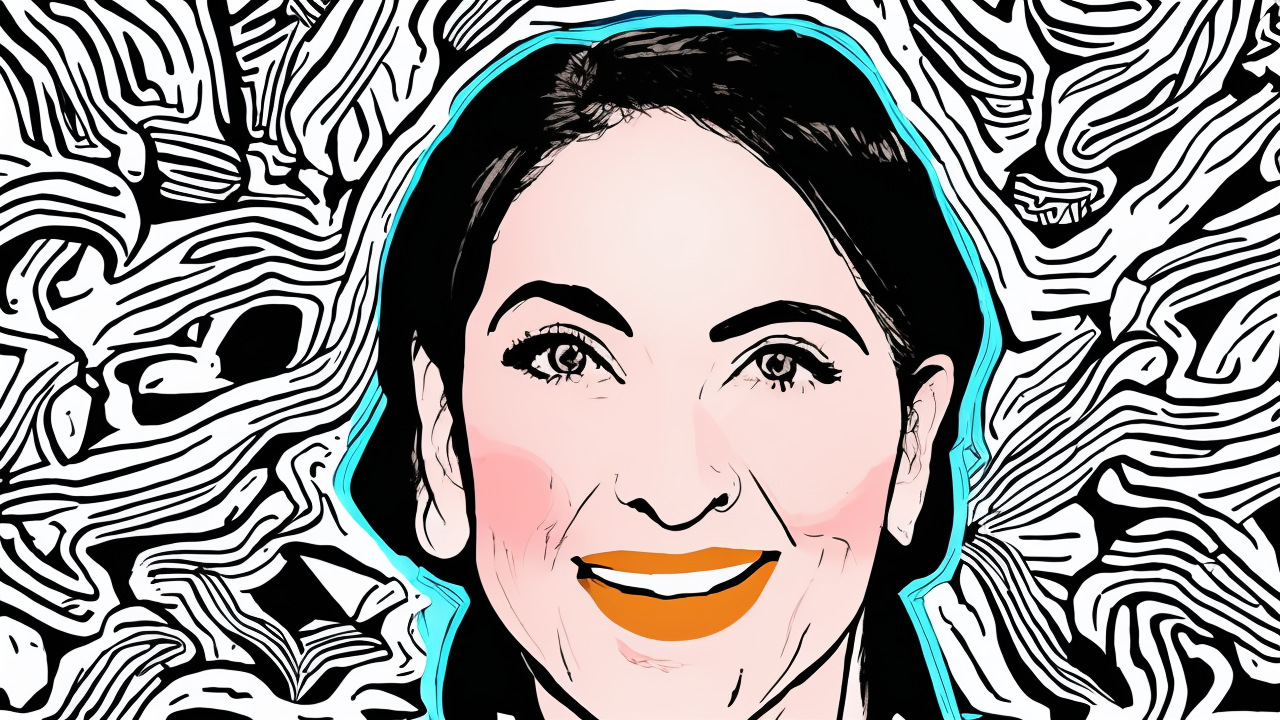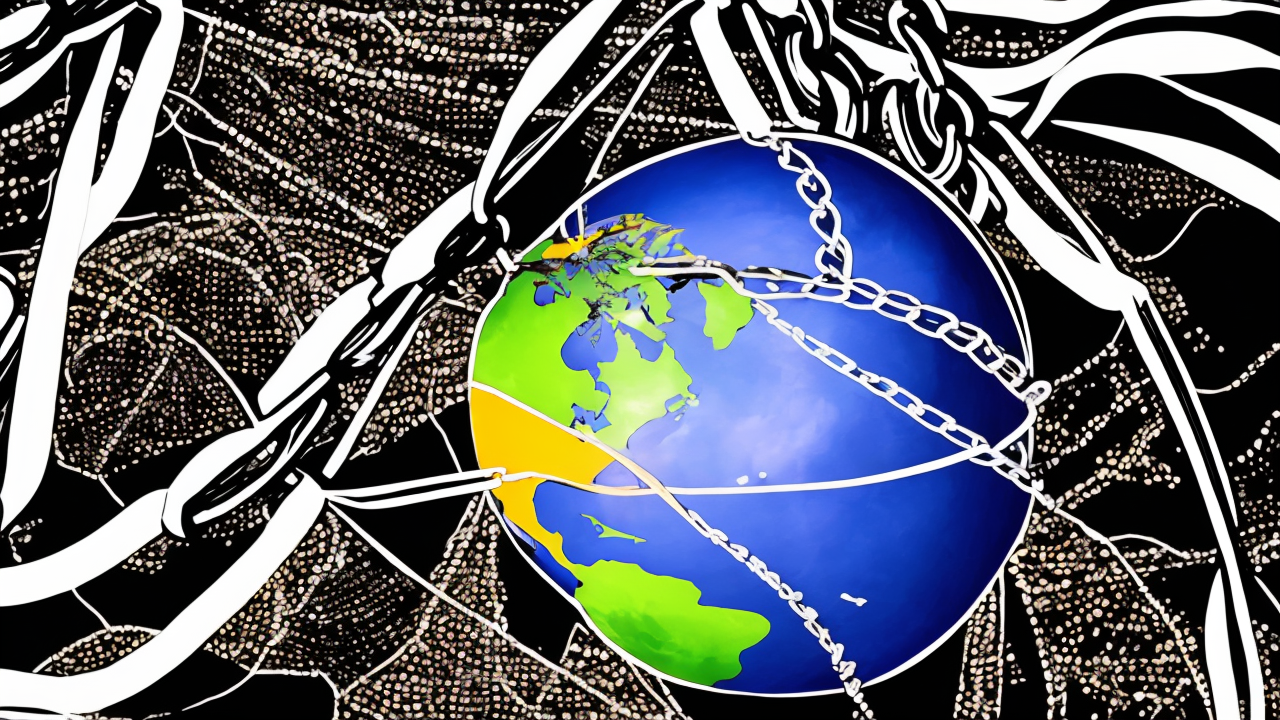The Race to Control AI: Challenges and Concerns
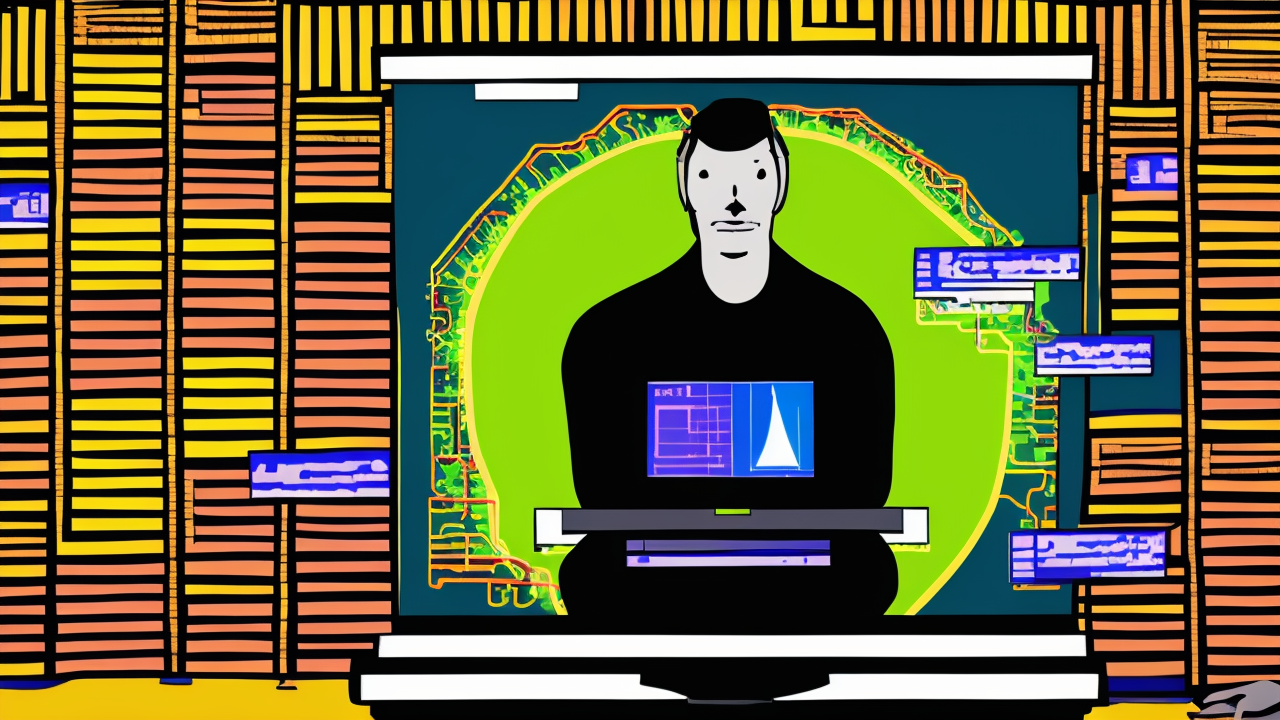
The rapid advancement of AI technology raises critical questions about humanity’s ability to manage its creation. While optimism abounds regarding AI’s potential to revolutionize industries and solve complex problems, the reality is far more nuanced. The complexity and speed of AI systems often outpace human oversight, creating a growing gap between technological capability and governance capacity.
One proposed solution is “interpretability,” a method to examine AI decisions after the fact. However, this approach is akin to analyzing a car crash after it has occurred—too late to prevent harm. Instead, experts advocate for embedding governance directly into AI architecture, creating immutable audit trails that track decisions, data inputs, and model versions. This shift aims to ensure accountability by design, rather than as an afterthought.
The concept of a “human-in-the-loop” is central to this approach, where humans act as active overseers rather than passive reviewers. Yet, this reliance on human oversight risks eroding our own critical thinking skills over time, as we increasingly depend on machines to guide decision-making. This cognitive offloading poses a significant challenge, as the very systems designed to assist us may diminish our ability to manage them effectively.
Moreover, the integration of AI into daily life introduces vulnerabilities. designed for control becomes a new attack vector, with malicious actors able to manipulate AI through data poisoning, subtly altering outcomes without leaving a trace. This risk underscores the need for robust safeguards, but these solutions themselves introduce new complexities.
Ultimately, the challenge of controlling AI is not just technological—it is deeply human. The skills required to manage these systems are in short supply, and the demands of oversight often outpace our capacity to adapt. A controllable AI future hinges not on building smarter machines, but on fostering a society capable of navigating the ethical and practical complexities of this new era. Without a foundation of accountability, responsibility, and a commitment to preserving human judgment, the promise of AI risks becoming a hollow victory.
The Future of AI: A Conservative Call for Accountability and Responsibility
The rapid development of AI technology presents a profound challenge to our society and nation. While AI holds immense potential, its unchecked progression risks eroding the very principles that underpin our freedom and prosperity. The article rightly identifies the dangers of cognitive offloading and the vulnerability of AI systems to manipulation, but it fails to address the broader cultural and ideological shifts that exacerbate these risks.
Conservative principles demand a society where accountability and responsibility are prioritized over unchecked technological progress. AI must be developed and deployed with a clear understanding of its limitations and the importance of preserving human judgment. The idea of embedding governance into AI architecture is a step in the right direction, but it must be accompanied by a cultural commitment to meritocracy and hard work. We cannot allow our reliance on AI to diminish our ability to think critically and make sound decisions.
Moreover, the integration of AI into daily life must be guided by a commitment to security and sovereignty. The vulnerabilities introduced by AI systems cannot be addressed without a robust framework of governance and accountability. This framework must be rooted in the principles of freedom, responsibility, and the protection of human dignity.
Ultimately, the future of AI is not just a technological challenge but a cultural one. We must ensure that AI serves as a tool to enhance human capability, not as a substitute for it. By fostering a society that values accountability, responsibility, and the preservation of human judgment, we can navigate the complexities of this new era with confidence and integrity.
Published: 10/1/2025

